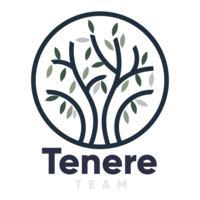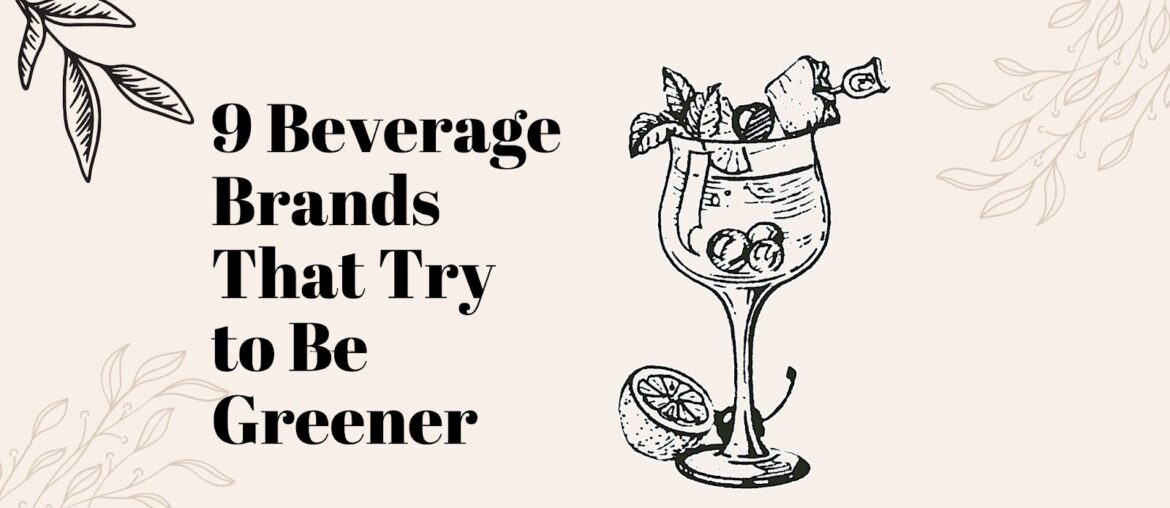Some have previously criticized the food and beverage industries for their harmful environmental practices. As more customers demand sustainability, many of these companies have pledged to reduce their environmental impact. Below are the 9 green beverage brands that are working hard on the sustainable path.
1. Yogi Tea
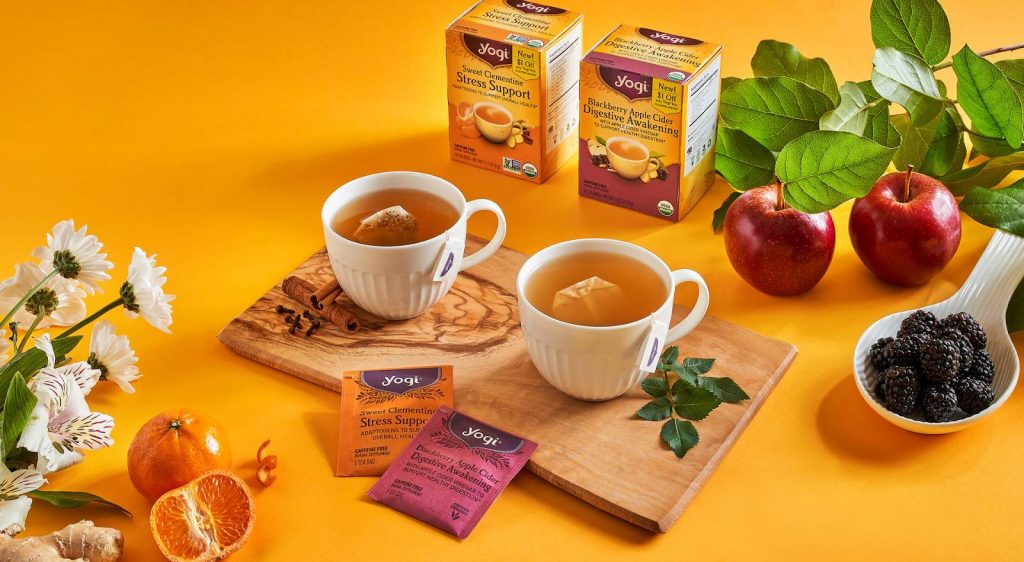
Yogi Tea curates ethically sourced tea blends that give back to local and global communities at every step of the process, rooted in the ancient practice of Ayurveda. This makes it one of the most reliable green beverage brands to date.
Yogi sells non-GMO, USDA Organic, certified Kosher, and gluten-free teas for immune, digestive, sleep, and stress support, among other things. Each brew is made with whole spices and botanicals so that you’ll only be drinking pure infusions.
2. Starbucks
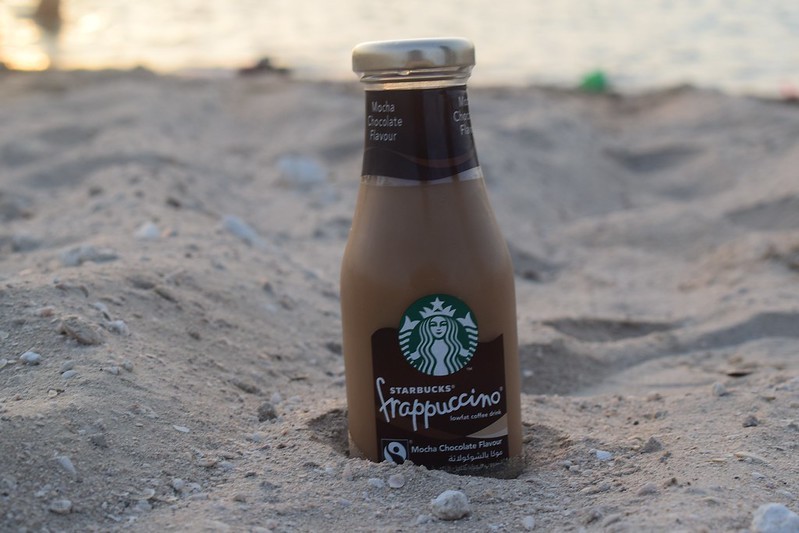
Starbucks has released a list of promises that it claims to be able to keep by 2030. It is truly one of the biggest beverage brands known to the world.
In the big picture, it claims to be halving carbon emissions and waste output in its operations and supply chain. It also intends to save or replenish half of the water it uses in its operations and coffee production.
Their other goals include expanding plant-based and environmentally friendly menu options and switching from single-use to reusable packaging.
Customers may be more interested in what Starbucks has promised to do within its 28,000 stores around the world.
3. Guayakí Yerba Mate Tea
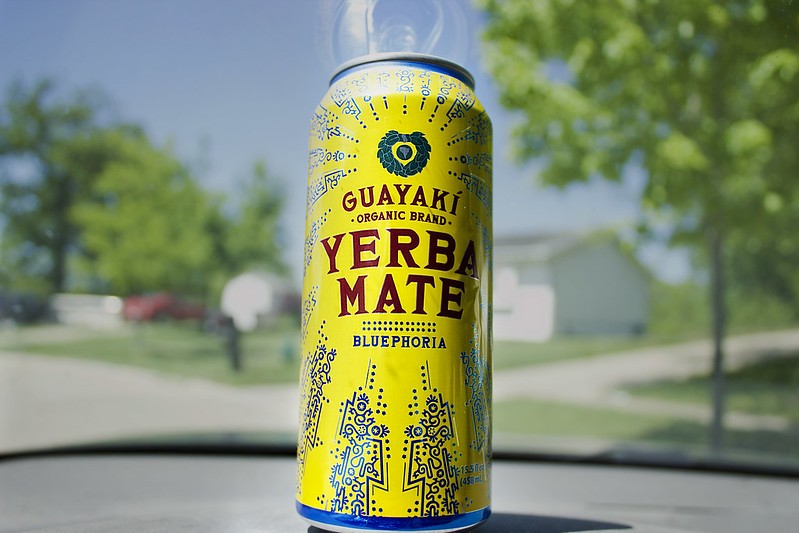
Mate or maté, is an ancient South American beverage that’s being brought to the masses by Guayak.
The drink is quite popular in many parts of the world, thanks to the caffeine kick and the health benefits of tea. The Guayak’s Market Driven Regeneration approach aims to regenerate ecosystems and create vibrant communities.
Their Yerba mate is grown under native rainforest trees to avoid deforestation and contribute to the regeneration of South America’s Atlantic rainforest. Guayak is the first yerba mate company to receive Fair Trade certification, according to reports.
4. Carlsberg Beer
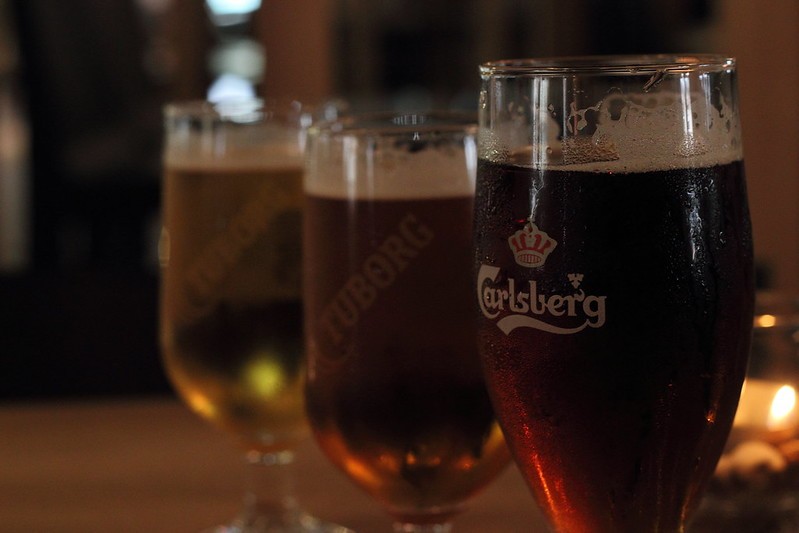
Carlsberg, one of the rising beverage brands, announced Together Towards ZERO, an ambitious sustainability program, in 2017. The four-part initiative focuses on the key goals of zero carbon footprint, water waste, and irresponsible drinking, as well as an accident-free culture, and is aimed at climate change, water scarcity, and public health concerns.
The plan includes a number of milestone goals, including a 50% reduction in carbon emissions and a 15% reduction in beer-in-hand carbon footprint by 2022, with a goal of zero carbon footprint by 2030.
5. PepsiCo
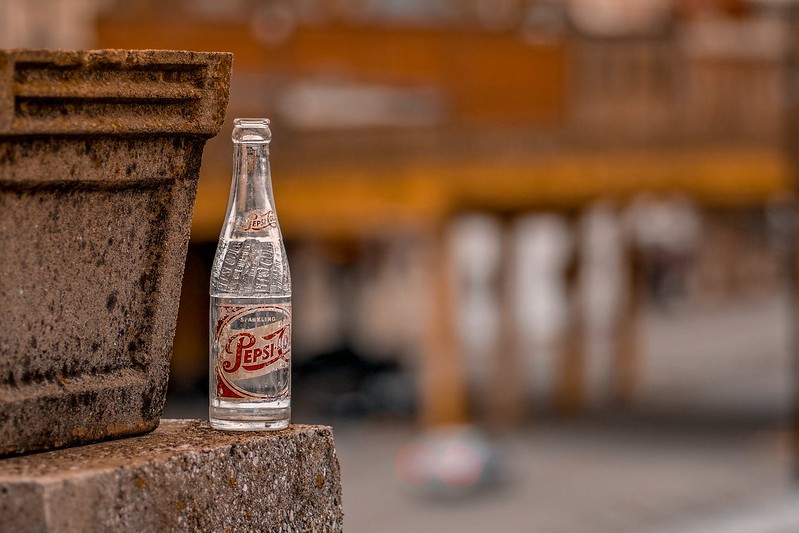
PepsiCo announced in 2019 that it will reduce its use of virgin plastic by 35% by 2025. PepsiCo’s latest initiative, Pep+, was also announced on September 15th, 2021. Positive agriculture, a positive value chain, and positive choices are the focus of this initiative.
It is estimated that PepsiCo consumes over 2 million metric tons of plastic per year by 2020. To reduce its environmental impact, the company pledged to produce net-zero emissions by 2040, become net water positive by 2030, and cut its virgin plastic usage by half by 2030.
The company also wants to promote regenerative agricultural practices and use a wider range of ingredients.
6. Lipton
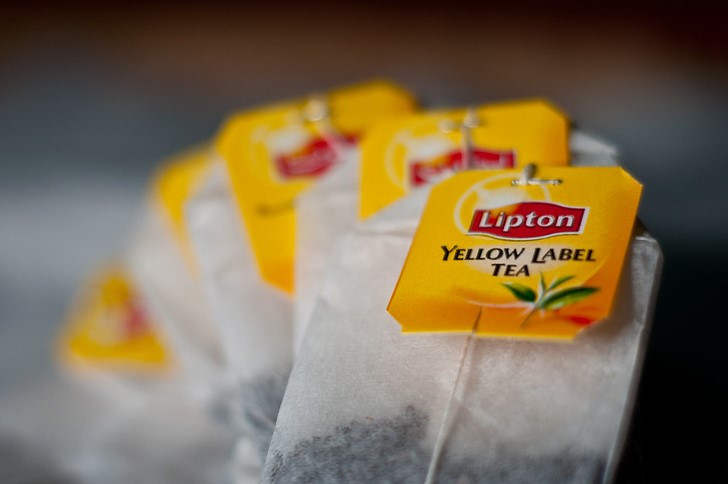
Lipton is committed to finding 100 percent sustainable origins for its tea leaves by 2020, in addition to working to make all of its tea Rainforest Alliance Certified – a project that helps protect the land, water, and people in tea-growing areas. Furthermore, the company strives to reduce, and where possible, eliminate, pesticide use in their farming.
7. Keurig Dr Pepper
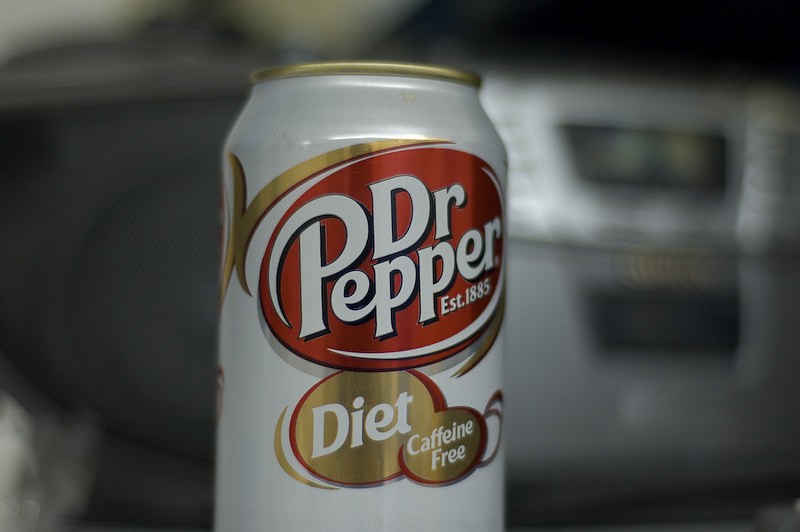
Keurig Dr Pepper recently announced a 25 percent reduction in virgin plastic usage by 2025. In previous years, the company made several sustainable commitments, including a goal to use 100 percent recyclable packaging by 2025 as part of its Drink Well.
Keurig Dr Pepper outlined several goals and accomplishments in its 2020 Corporate Responsibility Report. The company also announced that it had officially achieved its goal of producing 100% recyclable Keurig K-Cup pods and 100% responsibly sourced coffee.
8. Coca-Cola
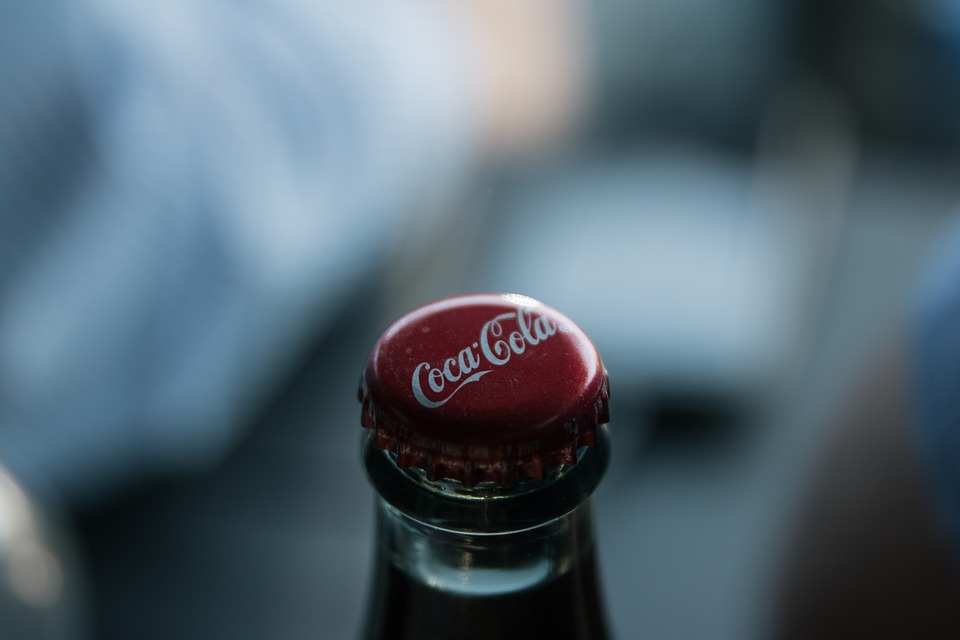
Coca-Cola also plans to introduce packaging that is at least 50% recycled material by 2030, which aligns with the company’s previously announced goal of making all of its consumer packaging 100% recyclable by 2025.
Coca-Cola uses paper, glass, and aluminum in its products, but it is currently focusing its efforts on reducing its plastic footprint. Every year, the world consumes 500 billion plastic bottles, so any opportunity to recycle plastic and reduce the likelihood of it ending up in the ocean is a good one.
9. Nestlé
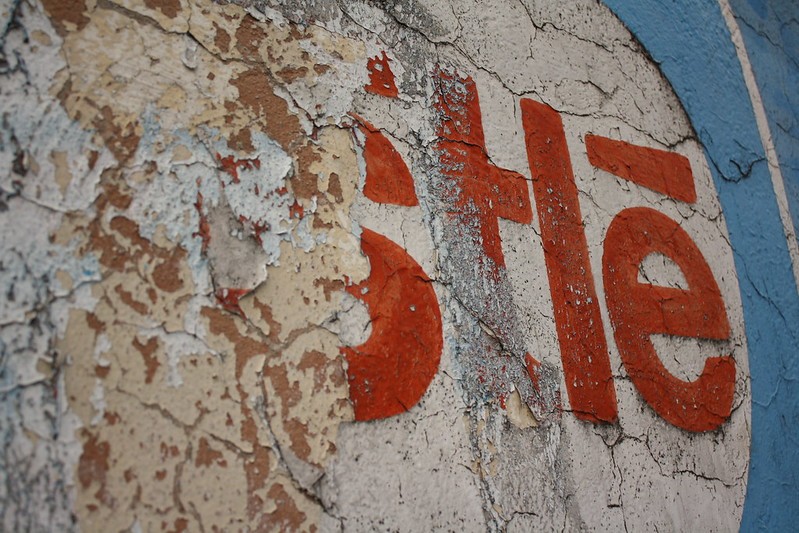
Even though Nestlé has had a bit of a bad reputation throughout its history, the company has been shifting its focus to various environmental packaging strategies.
By 2025, the company plans to have all of its packagings be reusable or recyclable. Nestlé has redeemed itself after facing criticism in 2018, becoming one of the front-runners in the race to reduce carbon emissions.
In addition to its renewable packaging goals, it is collaborating with Danimer Scientific to develop a marine biodegradable and recyclable bottle, which will aid in the development of new approaches to eliminating plastic waste.
In Summary
These examples of sustainability show that the beverage industry’s environmental shift is far from complete. With the demand for ethical and environmentally-friendly practices continuing to grow, brands must also address the desire for transparency among consumers.
The above brands have gradually taken the green path and built awareness throughout the years. They have given customers a sense of involvement and allowed them to hold the brand accountable for their actions and commitments.
